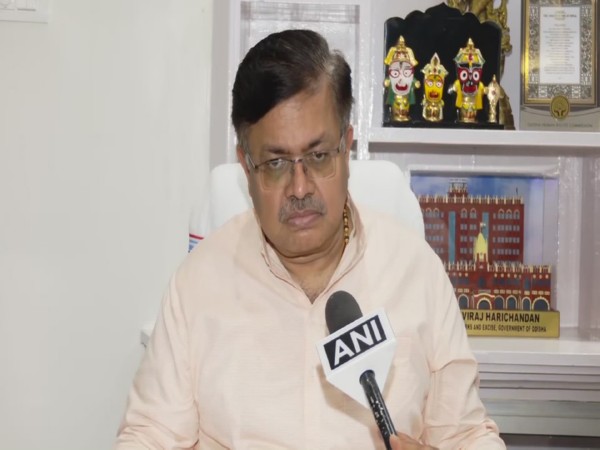US, Central Asian foreign ministers hold C5+1 summit in Uzbekistan
Jul 17, 2021

Washington [US], July 17 : US officials and Central Asian Foreign Ministers have concluded the C5+1 meeting, mainly focused on Afghanistan issues, in Uzbekistan's Tashkent on Friday.
The meeting was attended by Deputy Prime Minister - Minister of Foreign Affairs of Kazakhstan Mukhtar Tileuberdi, Minister of Foreign Affairs of Tajikistan Sirojiddin Mukhriddin, Deputy Chairman of the Cabinet of Ministers - Minister of Foreign Affairs of Turkmenistan Rashid Meredov, Minister of Foreign Affairs of Uzbekistan Abdulaziz Kamilov, Deputy National Security Advisor to the President of the United States Elizabeth Sherwood-Randall and Ambassador of Kyrgyzstan to Uzbekistan Ibrahim Junusov.
While focusing on the stability in Afghanistan that will see US troops withdrawing from the country by August 31, and joint efforts to facilitate economic recovery, the participants also agreed to promote the institutional strengthening of the C5+1 platform and use it to address common problems, a statement from US Department of State said.
During the two-day event held in Tashkent on July 15-16, the C5+1 countries have affirmed their commitment to enhancing engagement through the regional diplomatic platform and seeking opportunities to strengthen connectivity between the Central and South Asian regions via trade, transport, and energy links.
The statement further said that the visionary ideas for Central Asia's economic growth and closer ties to the economies of South Asia also reinforce the C5+1's commitment to strengthening the region's security and stability, including through Afghan peace negotiations.
The C5+1 also endeavours to build upon the collaborative progress it has made on connectivity including, easing trade, transport, and communication between South and Central Asia, including through Afghanistan.
It also seeks to advance cooperation with Afghanistan across security, energy, economic, trade, cultural, and other lines of effort; and, cooperate to address challenges and threats to regional security, prosperity, and stability.



















